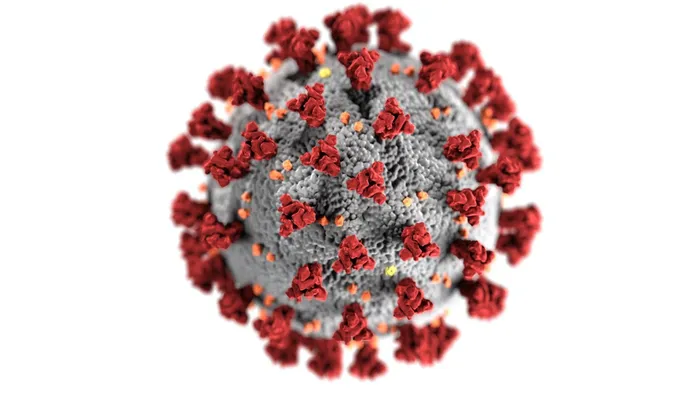What is Omicron and what are the symptoms?

File picture: Pexels
Last week, South Africa reported the Covid-19 variant, Omicron, to the World Health Organization (WHO).
Since then, dozens of countries have imposed travel restrictions on the southern African nations.
But what does the new variant mean for us? What are the symptoms? How can we protect ourselves against it?
Here are the answers to all your questions about the variant.
Why is it called Omicron and what does it mean?
The WHO gives Covid variants names based on letters in the Greek alphabet for two main reasons.
First, it is to make them easily identifiable and clear to the public. Second, it is to prevent the stigmatisation of countries or places where they first emerged. Tell that to the organisations that called it the “South African variant”.
WHO designated the variant, B.1.1.529, a variant of concern and named it Omicron. This decision was based on the evidence that showed Omicron has several mutations that could impact how it behaves.
What is the severity of the disease?
It is not yet clear whether infection with Omicron causes more severe disease compared to infections with other variants, including Delta.
According to preliminary data, there is an increase in rates of hospitalisation in the country. However, the WHO says this may be due to increasing overall numbers of people becoming infected, rather than a result of specific infection with Omicron.
What are the symptoms of the Omicron variant?
There is no information to suggest that symptoms associated with Omicron are different from those from other variants, says WHO.
According to a Bloomberg report, patients complained of fatigue, head and body aches and occasional sore throats and coughs, said the chairperson of the South African Medical Association, Angelique Coetzee.
It is worth noting that all variants of Covid-19, including the Delta variant that is dominant worldwide, causes severe disease or death.
Is Omicron more transmissible?
It is unclear at this stage whether Omicron is more transmissible (more easily spread from person to person) compared to other variants.
WHO says the number of people testing positive has risen in areas of South Africa affected by this variant, but studies are under way to understand if it is because of Omicron or other factors.
What about reinfection?
Preliminary evidence suggests there may be an increased risk of reinfection with Omicron. This means people who have previously had Covid-19 could become reinfected more easily with Omicron compared to other variants of concern. However, information is limited and more information will become available in the coming days and weeks.
What is the effectiveness of vaccines?
WHO is working with partners to understand the potential impact of Omicron variant on countermeasures, including vaccines.
Vaccines remain critical to reducing severe disease and death, including against the dominant circulating variant, Delta. They have proved to be effective against severe disease and death.
What can countries do to take action?
WHO recommends countries enhance surveillance and sequencing of cases, share genome sequences on publicly available databases and report initial cases or clusters to WHO.
Countries are also recommended to perform field investigations and laboratory assessments to better understand if Omicron has different transmission or disease characteristics.
The UN has slammed the travel bans against southern African countries.
UN Secretary General Antonio Guterres has described widespread travel bans imposed on southern African countries over threats of the Omicron variant as "unacceptable" and likened the restrictions to apartheid.
What can I do to reduce the spread?
You have heard it before you and you will hear it again.
Reduce the spread of the Covid-19 virus by maintaining physical distancing, wearing a mask and opening windows to improve ventilation while avoiding poorly ventilated or crowded spaces.
Keep hands clean by sanitising them often, and cough or sneeze into a bent elbow or tissue.
Get vaccinated if you have not done. There is no microchip, no 5G and no demonic entity in the vaccine. It’s safe and if you are not doing it for yourself, at least do it for the people who you care about who are unable to take the vaccine.
IOL
Related Topics: